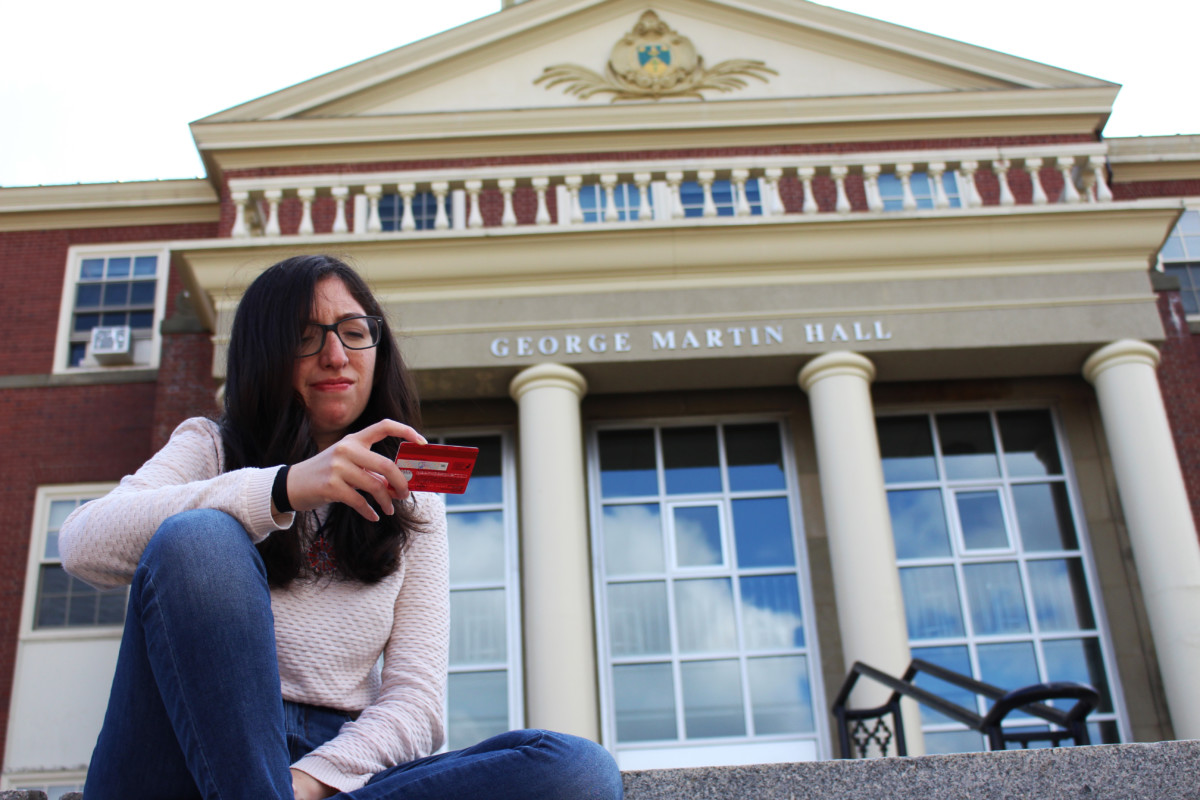
After consecutive years of increases, St. Thomas University’s tuition has risen again.
Incoming and returning Bachelor of Arts and Bachelor of Social Work students will see an increase of 5.5 per cent in their tuition and Bachelor of Education students will see a 6.5 per cent increase.
This translates into $372.68 and $837.65 for domestic and international Bachelor of Arts students.
The university announced the changes via e-mail on May 17.
The St. Thomas University Students’ Union published a press release in response to the raise on the same day, where they opposed the university’s decision.
Husoni Raymond, president of the STUSU, said tuition increase is making education less accessible for international students, who pay double the tuition cost, and domestic students who don’t have strong financial support by the provincial government.
“Education should be accessible,” he said.
The release said the STUSU is advocating for predictable tuition increases and a policy to govern the set of tuition for domestic and international students.
Raymond said the policy would be created by the university in consultation with the student union and approved by the Board of Governors.
“That’s something we brought forward to the administration at the budget meetings, that students need to know what they’ll be paying throughout the duration of their degree, [and] not being surprised every year by tuition heights,” he said.
Every winter, a budget advisory committee with representation from faculty, staff, students and administration, drafts the Budget Development Report for the upcoming academic year. The university’s administration holds a budget town hall to consult with the larger student body.
In last year’s budget town hall, STU’s vice-president finance, Lily Fraser, said there was “a financial need” for tuition to increase.
STU signed a memorandum of understanding with the provincial government this summer. Until then, STU didn’t have any governing document that would limit their tuition increase for domestic students. It also didn’t receive funding from the provincial government’s operating grant and relied on student fees for its expenses.
Raymond said STU has been underfunded for years and hadn’t signed the MOU because they were asking the government for more funding. However, the university signed the MOU because it was running out of funds.
Erika Ruiz, third-year international student majoring in English and human rights, struggles with the tuition raise.
“I chose STU … because it was affordable for me to pay, but with the increase every year, it makes it impossible for me to stay here,” she said.
International students pay more than double of what domestic students pay in tuition fees. This year, the cost is $16,068.
They can work up to 20 hours per week as part of their study permit conditions. Ruiz, who has been working a part-time job since last year, said she’ll need to find another one.
“Still, it’s not enough for me to help my mom pay,” she said.
“She asked me ‘Hey, I really need help, or I will need you to take a semester or year off because I [don’t] have the money to pay [for] your school.’”
Ruiz believes future STU students should be informed of rate increases from past years when they are applying to be prepared for potential upcoming changes.
“[That way] it’s not a surprise,” she said.
Raymond said the STUSU will be pushing the administration to draft the predictable tuition increase policy in December when the budget advisory committee first meets.
Other advocacy plans include launching a social media campaign in partnership with the New Brunswick Student Alliance and other student unions across New Brunswick focused on making post-secondary education more accessible. The NBSA will also host a rally downtown on Sept. 26 to get more funding for low-income, social work and education students.
At the moment, there are no governing documents that would limit tuition increase for international students.
Raymond, who is the lead for the NBSA’s international student priority, said the organization is also working on a policy to regulate international student tuition through MOUs.
“That’ll be an ask that we will be bringing forward to the provincial government in the fall,” he said.
